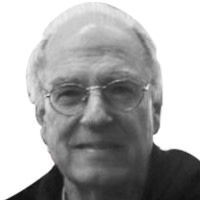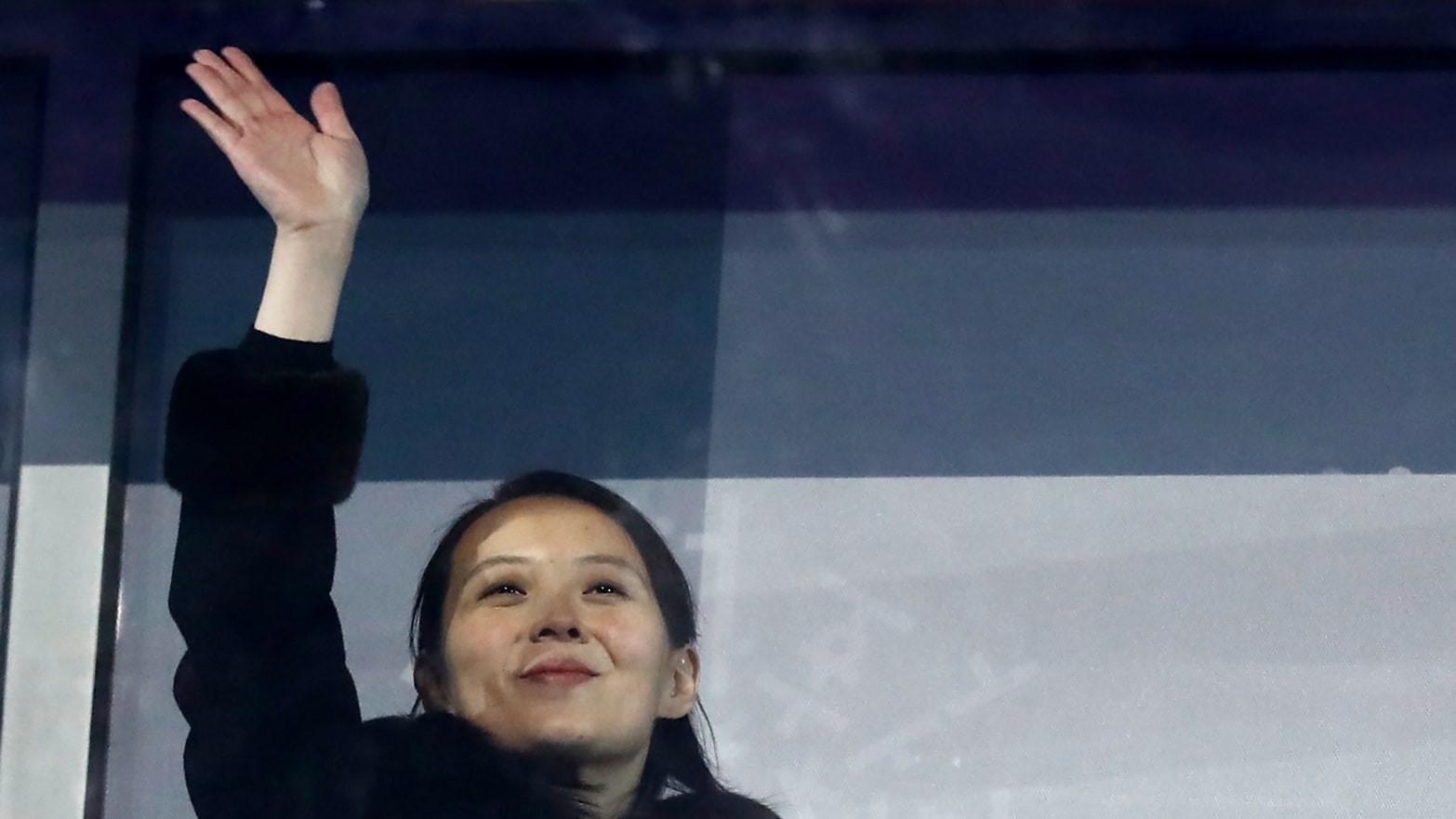North Korea’s leader Kim Jong Un has made a rare confession at the first congress of his ruling Workers’ Party since 2016. He admitted to his adoring acolytes that his vaunted five-year economic plan is a bust.
Kim, who was flanked by rows of bemedaled military and civilian officials, said bluntly there had been “mistakes” in “implementing the strategy for national economic development,” as reported by Pyongyang’s Korean Central News Agency.
While more than 3,000 delegates alternated between diligently taking notes and cheering loudly, Kim “analyzed the present states of the key industrial sectors,” according to KCNA, and found fault with all of them, “including metal, chemical, electricity, coal, machine, and mining industries.”
Conspicuous among those at the congress was Kim Jong Un’s younger sister, Kim Yo Jong, among 29 people whose promotion to the 39-member presidium of the party, the inner council responsible for carrying out the dictates of Chairman Kim, was revealed in a long list of names at the end of the KCNA dispatch. The fact that Yo Jong rose so visibly to the top layer shows her rising star in a bureaucracy in which she already holds sway over the multi-tentacled Organization and Guidance Department. Now 33, she is four years younger than her brother, who observes his 37th birthday Friday.
And the fact that 29 of the former members lost their positions on the presidium suggested a purge, a blame-passing, that went unmentioned but not unnoticed.
It was Kim’s acknowledgment of failure, after a year of pandemic, typhoons, and floods, and U.S. and UN sanctions, that came as the most stunning revelation of his own weakness as well as that of his party bureaucracy. Kim would not admit personal failure, however, preferring to imply the men around him were responsible while going closer than previously in acknowledging the problems of a country whose ordinary citizens exist on the edge of hunger and disease.
Incredibly, however, in an apparent effort at maintaining the pretense that no one at all has come down with COVID-19, the delegates, whose usual job is to keep the citizenry under control, were sitting side-by-side in the cavernous hall, bereft of face masks and ignoring social distancing.
Kim’s shocking economic confession was a surprising way to open the country’s 8th party congress at which, undoubtedly, he will get around to venerating the armed forces.
The fact that he did not go off on that tangent right away after paying the usual obeisance to “accomplishing the cause of national reunification,” suggests he might go easy on militarist threats after the inauguration of Joe Biden as president two weeks from now.
True, Kim has yet to follow the lead of President Xi Jinping of China, the North’s sole real ally and source of economic support, in congratulating Biden on his victory over President Donald Trump, with whom he struck up such personal rapport in their three meetings. He might, however, want to see where Biden’s team is going before engaging in tough talk, much less firing off a few missiles.
The closest Kim came to brandishing the nuclear threat was to tell the party faithful that “key to breaking through the existing manifold difficulties with utmost certainty and speed lies in consolidating our own strength, our internal force, in all respects” after five years of “unprecedented, worst-ever trials.”
Analysts had no doubt, though, that Kim would not wait for long before talking about the need to boost the country’s military strength in accordance with a policy known as “byungjin” for simultaneous development of the armed forces and the economy.
Kim’s keynote “contained very little about foreign policy and defense, other than an oblique reference to the nuclear program and the ‘strong guarantee’ it provides to ‘protect the motherland,’” said Evans Revere, a former senior diplomat with the U.S. embassy in Seoul. “In the coming days and weeks, we can expect him to say more about these issues.”
As for Kim Yo Jong’s ascent, he said, “She has been steadily accruing power and influence as Kim Jong Un’s most trusted adviser.” There was “good reason to believe that she will be rewarded for her fealty” but “must take care not to shine too brightly as her star continues to rise.”
Quite aside from the usual boilerplate rhetorical flourishes, Kim’s remarks were full of allusions to economic problems that may hint at internal difficulties from within his own party and government bureaucracy.
“Last year was a quite difficult year,” he said at one point, launching into an explanation of the pandemic that fell short of admitting the real impact of the disease upon his people. “In the circumstances of the world public health crisis that lasted unprecedentedly long in history,” he said, somehow, his people had “consistently ensured a thoroughgoing stable situation in infectious disease prevention by stubbornly overcoming the difficulties.”
Now, he said, “We are here representing the destiny, future, resourcefulness, and wisdom of millions of members of the Workers' Party of Korea and tens of millions of the Korean people.”
The oratory covered up severe doubts about Kim’s own security and grip over his people.
“Kim is recognizing that his elites are getting lots of outside information and know that the regime is not infallible,” said Bruce Bennett, Korea expert at Rand. “Note that Kim reportedly did not say that he had failed—he said that the country had failed. Better for him to blame the country."
One specific problem, said Bennett, is that Kim’s pervasive security apparatus is “inefficient and corrupt—not adequately enforcing his rule and controlling the North Korean people.”
Under the circumstances, said Lee Sung-yoon, professor at Tufts University’s Fletcher School, “Political theater like this congress not only unites the party and the nation but also raises Kim’s net worth.” It was, said Lee, “like a free agent star athlete going all out to perform at his best to win the next big contract.”

